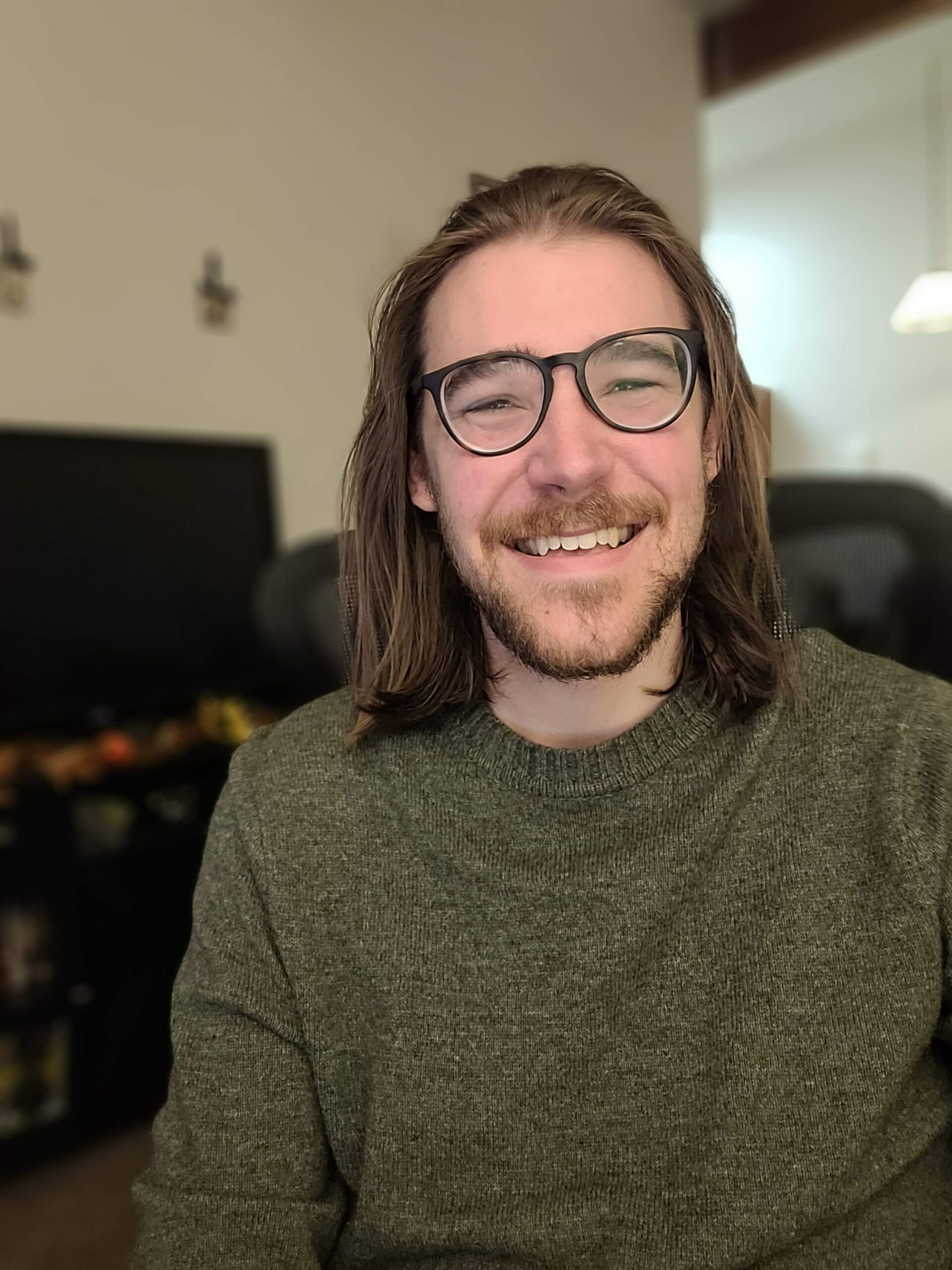 Nicholas Manning is an active member of the I-GUIDE Climbers group, the students and technical staff behind I-GUIDE, fostering collaboration and technical innovation across our diverse intellectual terrain. We recently interviewed Nick to learn more about his current work. Also, check out his recent open-access publication: Broader applicability of the metacoupling framework than Tobler’s first law of geography for global sustainability: A systematic review, with co-authors Yingjie Li and Jianguo Liu in Geography and Sustainability.
Nicholas Manning is an active member of the I-GUIDE Climbers group, the students and technical staff behind I-GUIDE, fostering collaboration and technical innovation across our diverse intellectual terrain. We recently interviewed Nick to learn more about his current work. Also, check out his recent open-access publication: Broader applicability of the metacoupling framework than Tobler’s first law of geography for global sustainability: A systematic review, with co-authors Yingjie Li and Jianguo Liu in Geography and Sustainability.
I-GUIDE: Hi Nick. Can you tell us a little about where you are studying, and your connection with I-GUIDE?
Nick Manning: I am a graduate research assistant in the Center for Systems Integration and Sustainability at Michigan State University. I’m currently working towards my MS in fisheries & wildlife and a certificate in spatial ecology. In I-GUIDE, my primary team is the Convergence Science Catalysts.
I-GUIDE: Did you start out your academic career in this direction?
Nick Manning: I started out my academic career as an undecided major in my undergraduate program! I switched to business for one quick semester then pivoted to geology and eventually picked up a second major in environmental studies. I had a wonderful post-bachelor’s experience working for a biogeography lab, which made me more curious about connecting remote sensing and ecology with data science.
I-GUIDE: What influenced you?
Nick Manning: It’s really interesting to me how each of our day-to-day lives are influenced by things much larger and much smaller than us. I became a geology major to try and get a grasp on studying things at different scales, from microscopic mineral interactions to massive mountains. I started my research somewhere between these extreme scales by studying the local problem of harmful algal blooms on Lake Erie. This got me into remote sensing, which provided a way to analyze the world on a landscape-level through looking at satellite images.
I-GUIDE: Did you have a Plan B?
Nick Manning: I had a few back-up plans! I think the one that was nearest to fruition was me becoming a teacher. Helping the next generation learn how to learn is so valuable and I enjoy distilling ideas and communicating them. However, other plans included a sustainability consultant, a librarian, and a journalist.
I-GUIDE: What do you think is most exciting about your field of study?
Nick Manning: For my own work, it is exciting to connect ideas in a way that they haven’t been before. An exciting thing about my field is getting to know the work of other people. As scientists, we have a limited amount of time to delve very deep into one exact piece of a problem. I think it is so exciting to see what others have chosen to devote their work to, and to be exposed to other worlds of research. Also, sometimes at seminars we get free snacks.
I-GUIDE: What has surprised you so far? (Scientifically or academically)
Nick Manning: Scientists get a bad rep in movies and TV shows. The sheer number of people I’ve met that break the cold and analytical scientist stereotype is a bit of a surprise!
I-GUIDE: How do you see your role in I-GUIDE?
Nick Manning: I am one of the four I-GUIDE members from Michigan State, and, currently, the only MSU graduate student in I-GUIDE. As such, I see my role as someone who can provide help to smoothly integrate some of the ideas from our research center into other projects. This position also lets me be a sponge and soak up all the ideas and techniques from other universities and groups as well, which has been pretty great.
I-GUIDE: What would you like to be when you grow up?
Nick Manning: Great question! I would like to be a person who values and enjoys their work, has a fulfilled life outside of their work, and attempts to generally improve the world. To this end, a career as a spatial ecologist or geospatial analyst would suite me well, where I will try and understand the connections across scales and between human and natural systems.
I-GUIDE: Thanks for taking the time to talk with us today, Nick! And kudos too on your new publication.